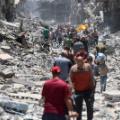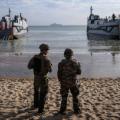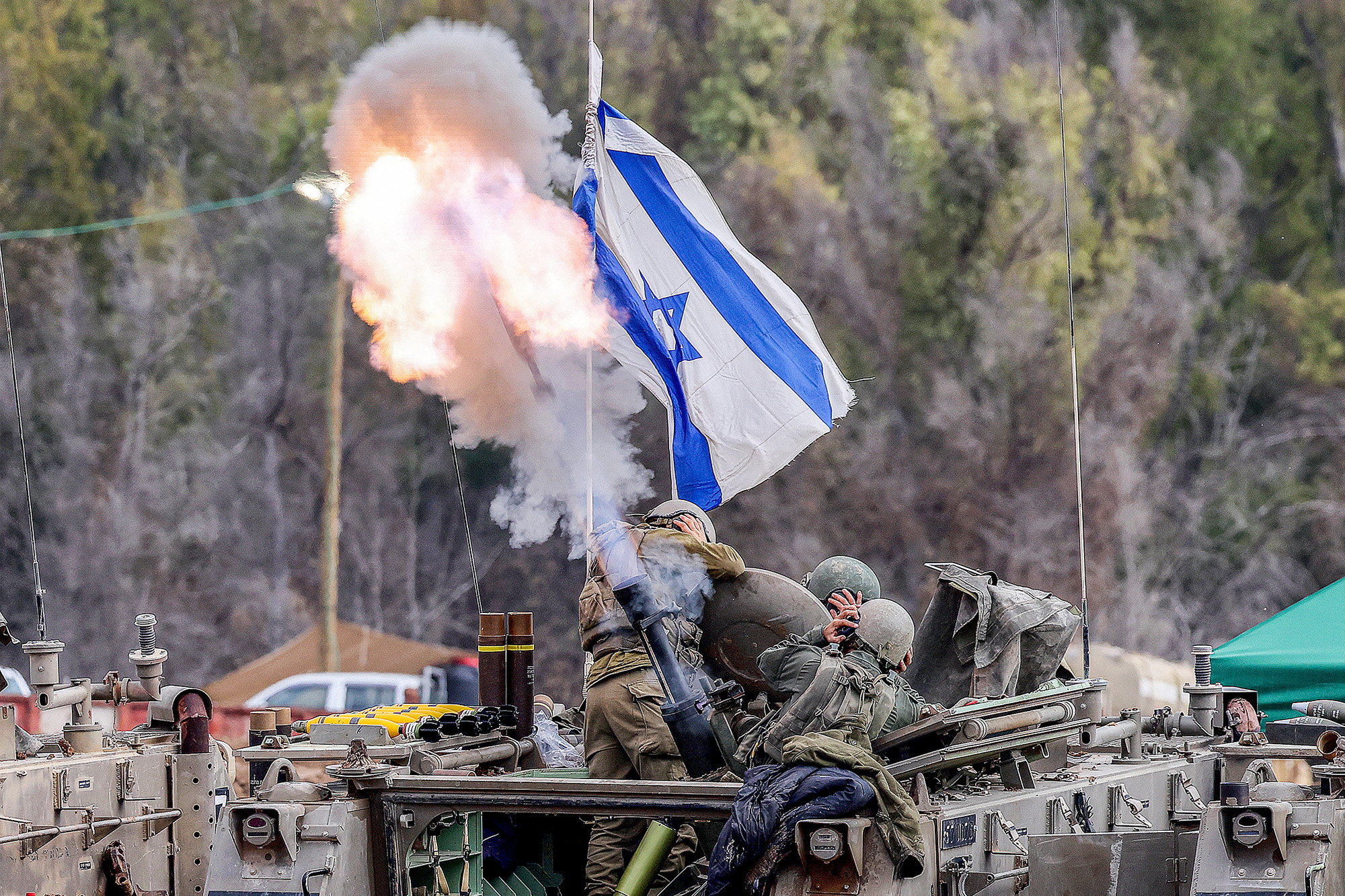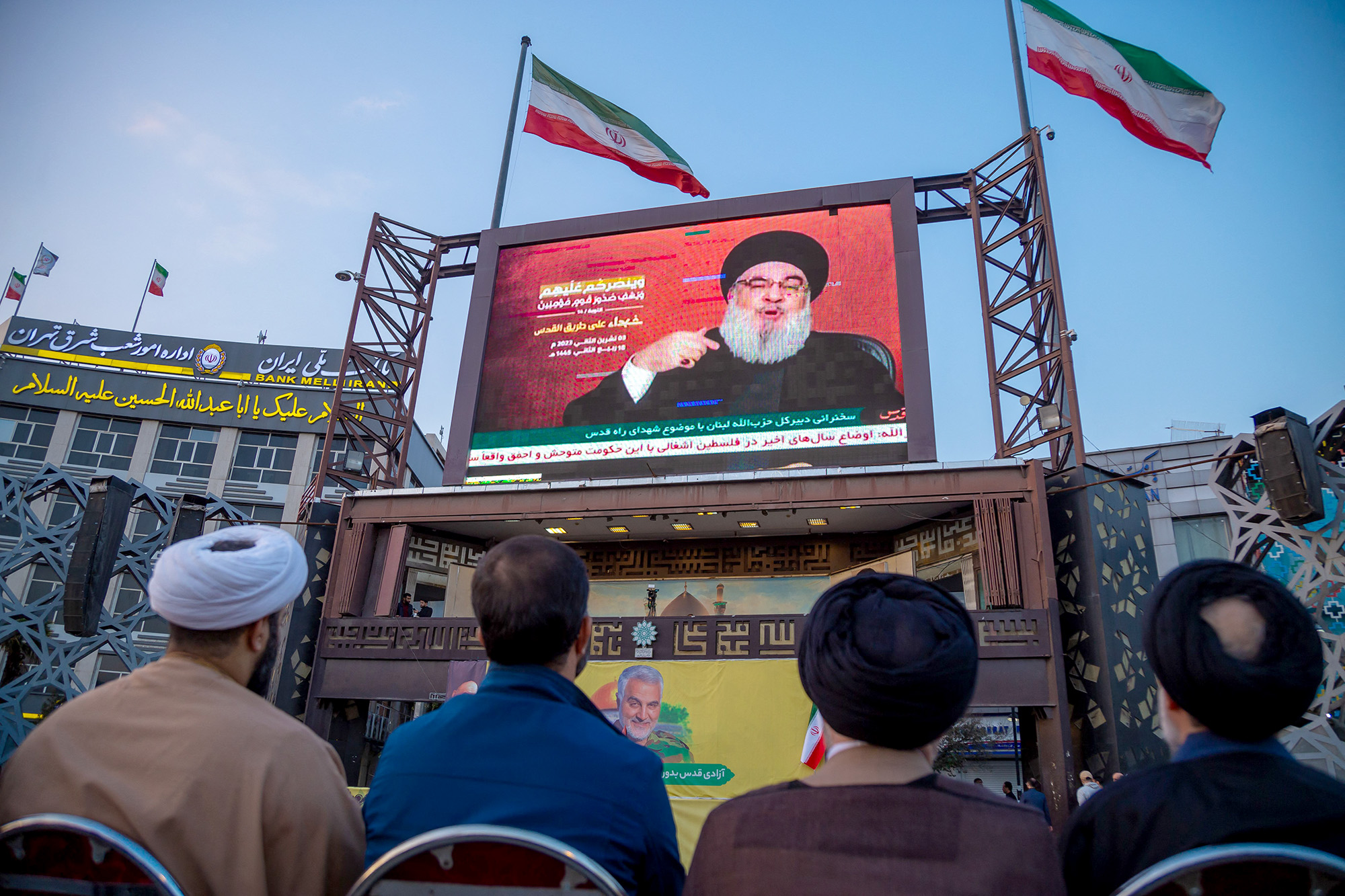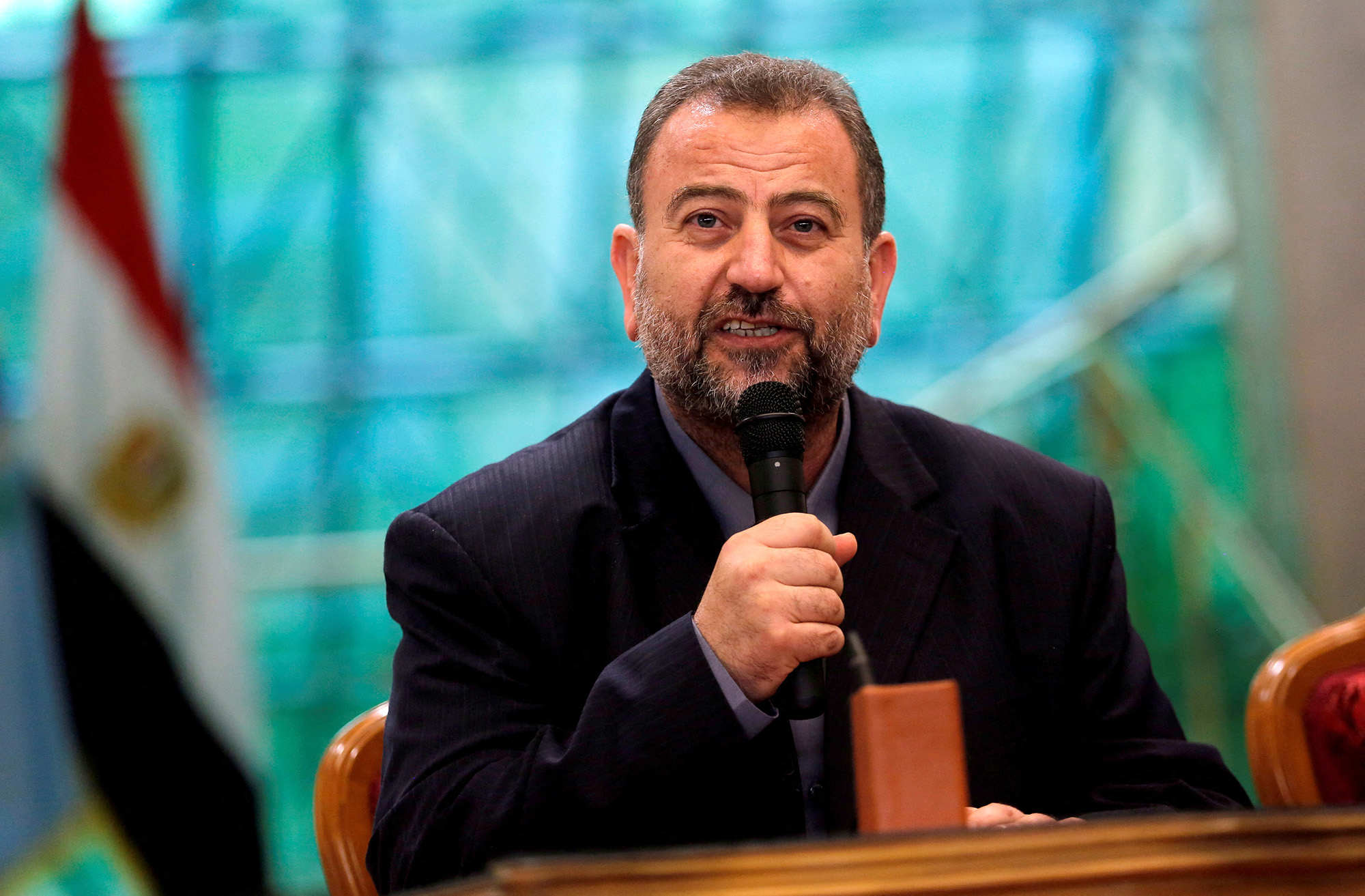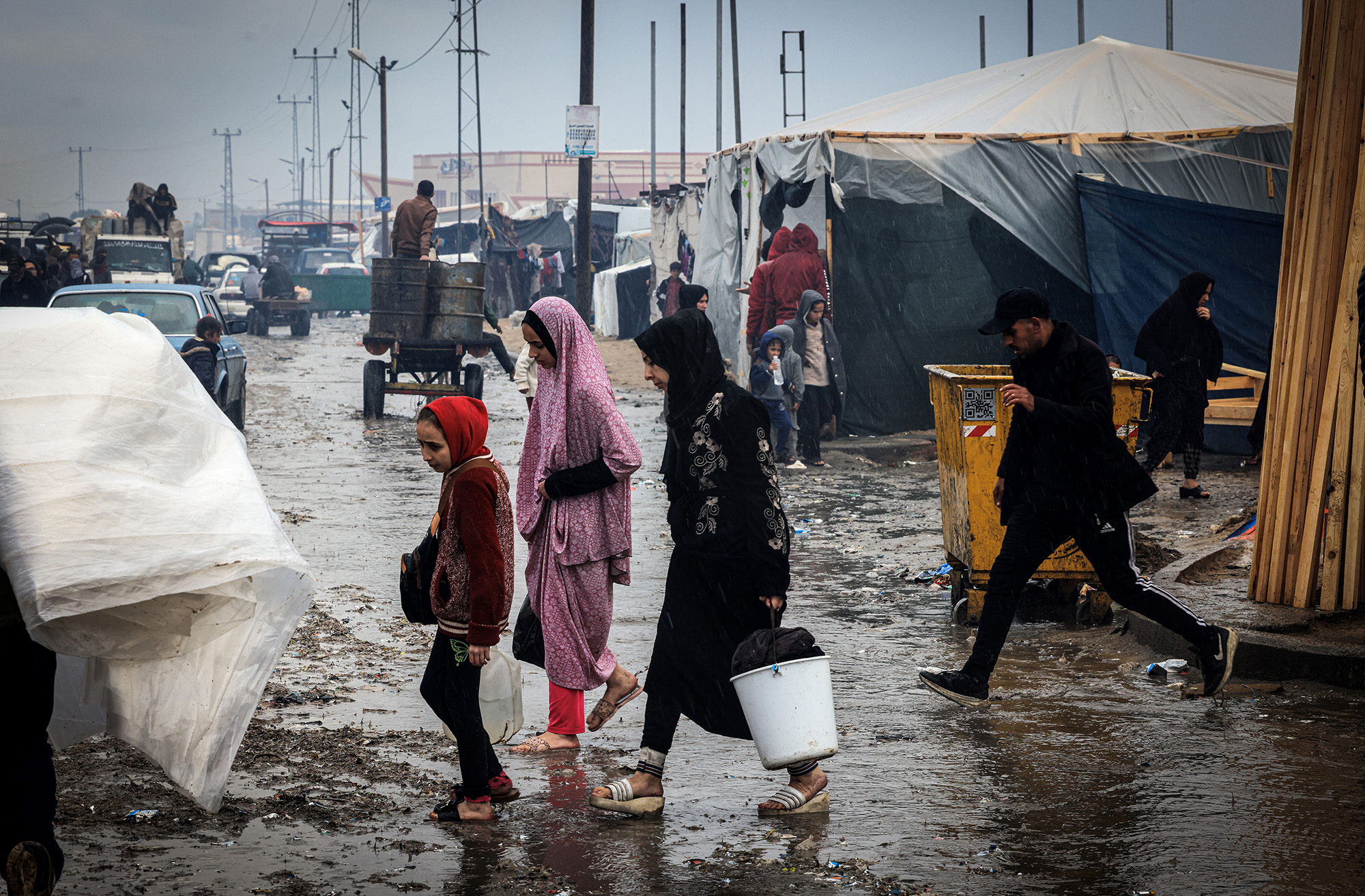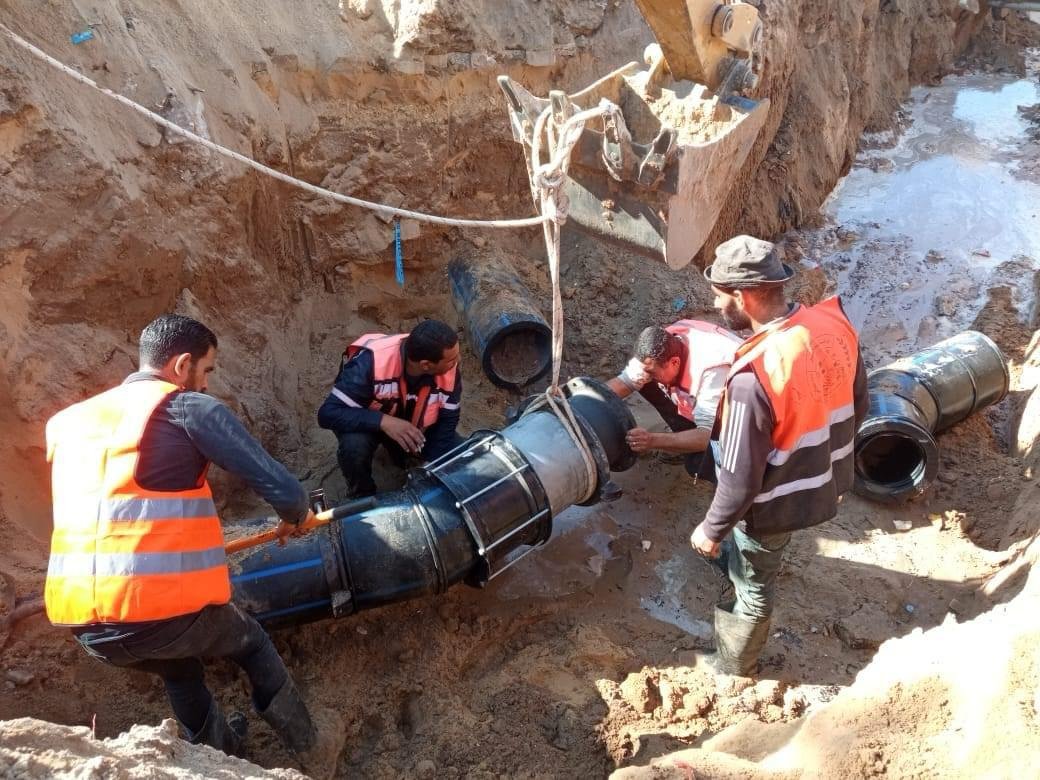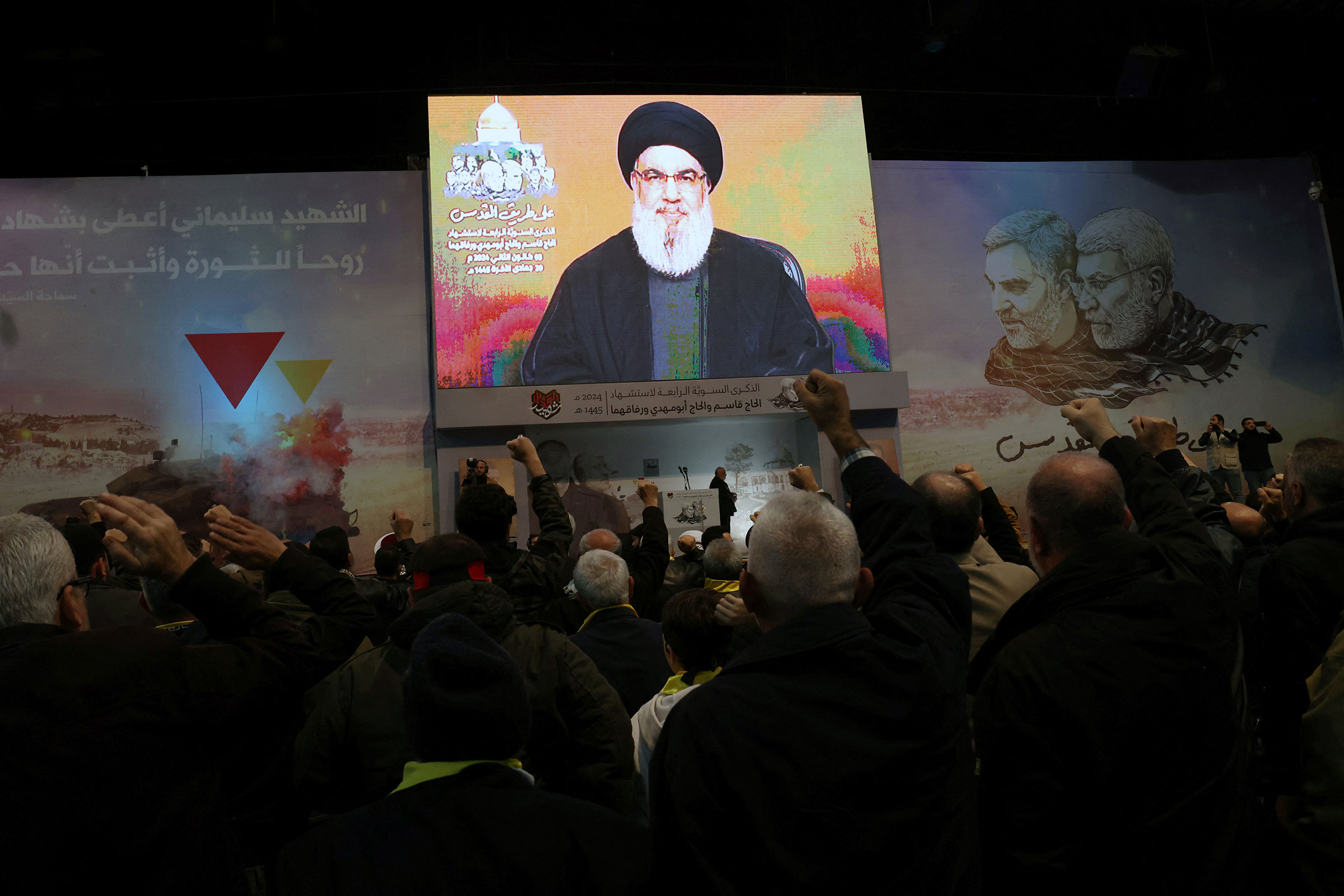
Hezbollah leader Hassan Nasrallah warned on Wednesday that if Israel wages war with Lebanon, the response would be "limitless," adding that the killing of a Hamas senior official in Beirut on Tuesday "won't go unpunished."
Nasrallah was delivering a pre-planned address to mark the occasion of the fourth anniversary of the killing of Iranian Revolutionary Guard Corps' Quds Force military commander Qasem Soleimani, who was killed in a US airstrike in Iraq in January 2020.
Nasrallah's speech also follows the killing of Hamas senior leader Saleh Al-Arouri in Beirut, which a US official has told CNN was caused by an Israeli airstrike.
Tensions have escalated between Israel and Hezbollah since the October 7, 2023 attack and the ensuing war between Israel and Hamas, which has prompted fears of a spillover into a wider regional conflict.
"Until now, we have been acting on the front with calibrated moves, and that's why we're losing so many people. ... But if Israel wages a war on Lebanon, then our response will be limitless ... we are not scared of war," Nasrallah said.
Tensions have escalated between Israel and Hezbollah since the October 7, 2023 attack and the ensuing war between Israel and Hamas, which has prompted fears of a spillover into a wider regional conflict.
"A war with us will be extremely costly," he said, adding, "It would then be in Lebanon's interest to go to war to the very end."
"Yesterday's crime was large and dangerous," Nasrallah said about Al-Arouri's death. "... This crime will not be left without a response and punishment. Between us and our enemies there is time and the battlefield."
Some background: Prior to October 7, Nasrallah had not spoken publicly in person since 2006, when a month-long war erupted between Lebanon and Israel.
In that speech, Nasrallah called for a ceasefire and praised Hamas' attacks on Israel, adding that they were fully planned and executed by the militant group.
